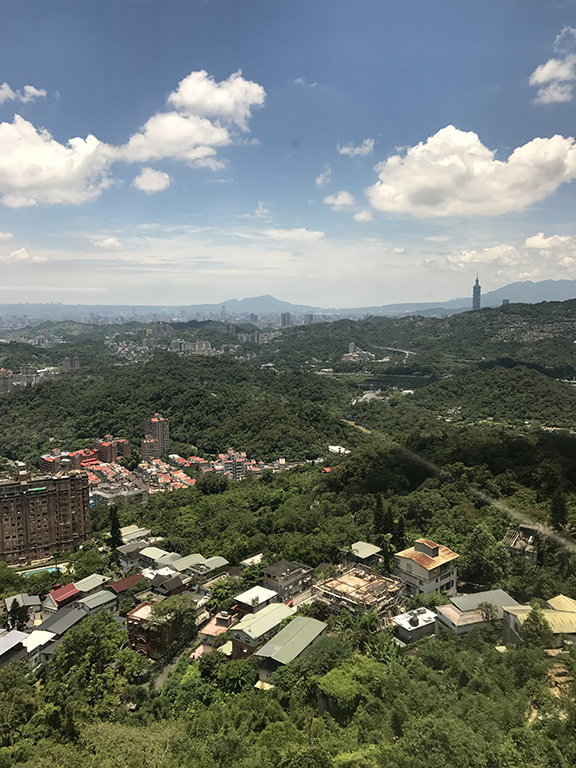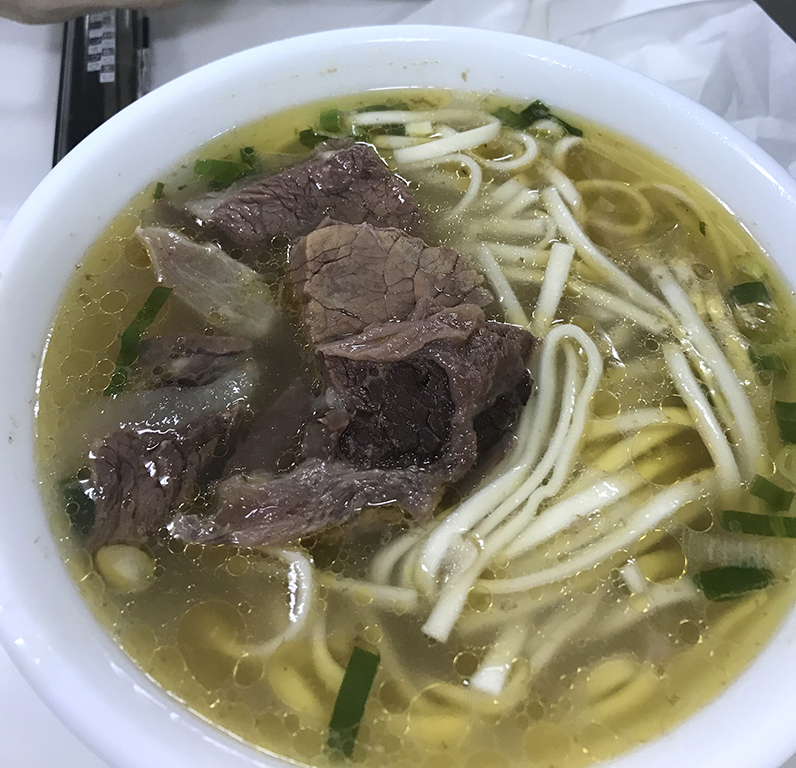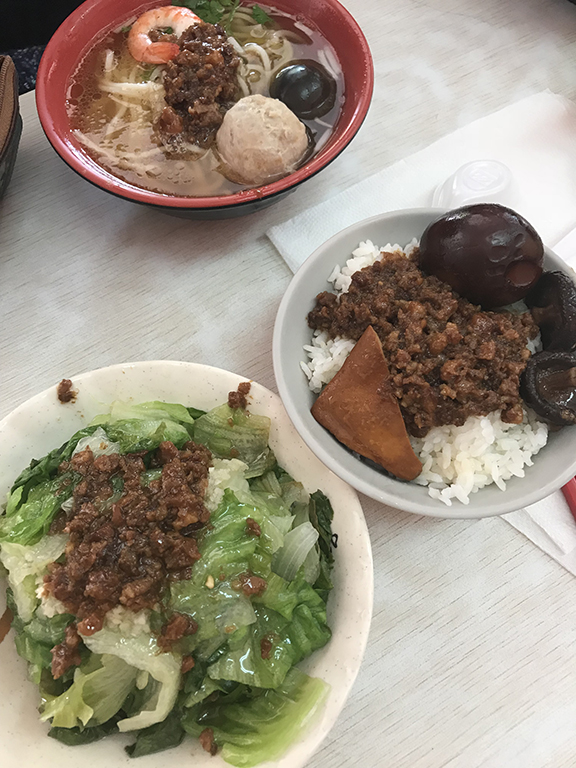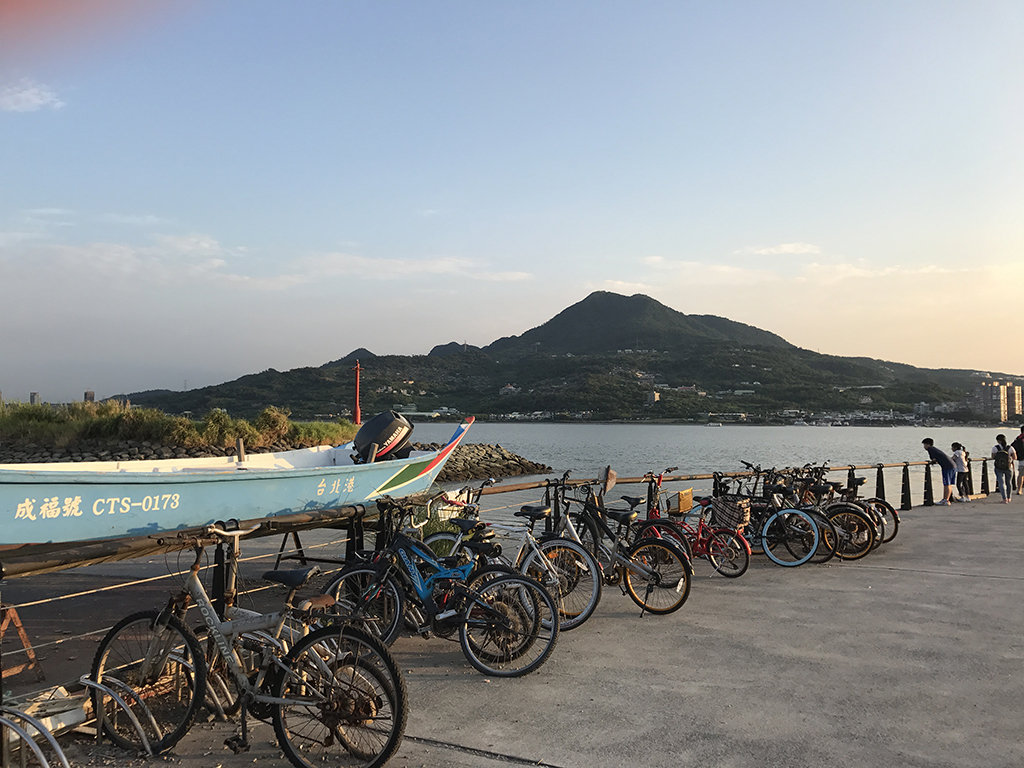By Nina Huang
NORTHWEST ASIAN WEEKLY
“As a democratic country with a very adaptable process of culture formation, and one with strong ties to the United States, Taiwan also has played an important role in providing American society a gateway into the diversity of many Asian cultures,” said Ellen Y. Chang, director of Arts and Culture at the Taiwan Studies Program at the University of Washington (UW) and a Ph.D. Candidate in Cinema & Media Studies.
Growing up in California, James Lin, an Assistant professor at the UW’s Henry M. Jackson School of International Studies, remembers eating the Japanese-influenced red bean wheel cakes at his local 99 Ranch supermarket.
Like American cuisine, Taiwanese food is an amalgamation of different immigrant and indigenous cuisines, some which have made their way to the U.S. and others still relatively unknown here. Chinese mainlanders in 1949 brought northern style noodle soups and other wheat-based foods, such as the famous beef noodle soup that is common in Taiwanese restaurants in the U.S.
Lin also added that indigenous Taiwanese cuisine also permeates Taiwanese cuisine, such as roasted boar meat and mountain vegetables, and these are foods that are usually only found in Taiwan.
“As Taiwan becomes more common throughout the U.S., I encourage everyone to also try these different foods that represent different historical influences on Taiwan.”
Lin shared that the migration of Taiwanese people to the U.S. in the past century has had a profound impact. Taiwanese Americans, both first and later generations, estimated around 200,000 to 700,000, according to Pew Research, have become important figures in politics (U.S. Trade Rep. Katherine Tai, Boston Mayor Michelle Wu, Congressman Ted Lieu), sports (Jeremy Lin), entertainment (Constance Wu, Stephanie Hsu, Ang Li), as well as business (CEOs Tony Hsieh and Jerry Yang).
“The Taiwanese diaspora have contributed to the “melting pot” of American culture in wide ranging ways, and Taiwanese Americans will remain a lasting influence on the U.S. for generations to come,” he said.
Be kind to your neighbor
On the other hand, Eric Chang, Taiwanese American Citizens League’s Director of Technology, would like to introduce Taiwan’s love of food and kindness. He spent the first 11 years of his life in Taiwan, moved to California for school, and then settled in Seattle after finding a job after graduating from college.
“It’s very interesting to watch all these YouTube videos of Taiwanese showing kindness to foreigners visiting the country. I think American culture is quite independent. It doesn’t lend itself to trusting your neighbors. The car culture in the U.S. also doesn’t help. In my opinion, it leads to segregated neighborhoods and enclaves that don’t help with getting to know your neighbors,” he said.
When referring to car culture, Eric means that the way the U.S. and North America are designed, people rely more on driving as opposed to taking public transportation.
“In my opinion, since people don’t need to take public transit and interact with others, there’s no need to act nice to others, since you don’t have to spend an extended time dealing with any stranger, for example, like riding in a subway. But in Taiwan, due to the government’s initiatives in building and maintaining public transit that is frequent and clean, people have less of a need to drive a car everywhere, and, therefore, they are able to interact with people from different walks of life every day, perhaps leading to greater understanding of strangers,” Eric explained.
Tessa Chu, who visited her grandparents in Taipei every summer, from 8 to 14, and lived and worked in Kaohsiung for about a year, shared that Taiwanese culture places a strong emphasis on community and interconnectedness, which Americans can emulate.
“Care for the community could look like taking walks around the neighborhood, supporting local farmer’s markets, or sharing a meal with friends. Taking walks around the neighborhood fosters a sense of belonging and builds community connections. Supporting local farmer’s markets not only promotes sustainable agriculture but also strengthens the local economy and encourages community engagement. Sharing a meal with friends and neighbors cultivates a sense of unity and fosters social connections, promoting overall wellbeing and a sense of belonging. By embracing and prioritizing community care, we could create more inclusive and supportive neighborhoods and enhance their own wellbeing in the process,” Chu said.
Environmental inspiration
Taiwanese American Professionals (TAP) Seattle President Andrew Gong shared that in addition to Taiwan’s food having an influence on American culture, he believes the Taiwanese are great at recycling and minimizing waste and more people should catch on.
“I think Taiwanese are great at recycling and minimizing waste because whenever I visit Taiwan, all my relatives are really good at sorting recycling, and really good at saving cooking scraps for the city compost. Every evening a city garbage truck will come by, and they will help tell you how to sort your trash into recycling, compost, and landfill. There’s more awareness and a strong desire to reduce waste,” Gong said.
Chu also noted that Taiwan also emphasizes environmental sustainability, stemming from deep-rooted cultural values and societal norms.
“Traditional teachings of Confucianism, Buddhism, and Taoism highlight the interconnectedness between humans and nature, fostering a sense of respect and stewardship towards the environment. Furthermore, Taiwan’s densely populated geography and history of industrialization have resulted in firsthand experiences with environmental degradation, leading to a collective awareness and determination to protect and restore the natural environment for future generations. This cultural ethos is reflected in the country’s commitment to eco-friendly practices, green technologies, and conservation efforts. Taiwan places great importance on environmental education, fostering a sense of responsibility towards the environment from an early age. On a governmental level, Taiwan prioritizes environmental conservation and sustainability through robust policies and initiatives—implementing renewable energy targets and promoting the use of solar, wind, and geothermal energy sources, as well as actively encouraging recycling and waste reduction through effective waste management systems and widespread public awareness campaigns,” Chu explained.
“Finally, Taiwanese cities have efficient and accessible public transportation systems, and are biker-friendly. We’ve got a lot we could learn,” Chu added.
Technology influences
As Taiwanese culture continues to adapt and evolve, Ellen shared that we continue to see waves of non-cultural contributions from Taiwan that eventually prompted cultural impact, such as the semiconductor technology shaping not only the technological landscape in the U.S. but also the cultural landscape made possible by such technology.
“The sharing goes both ways as Taiwan imports cherries and berries from Washington state. In the field of semiconductors, by now, it’s not a secret that Taiwan Semiconductor Manufacturing Company manufactures the chips for Apple, NVIDIA, AMD, Qualcomm, and others. So Taiwan’s prowess and professionalism in manufacturing chips for U.S. companies has allowed American companies to focus on higher-value products that are in chip design as opposed to chip manufacture,” Eric said.
Chu added, “Taiwan manufactures 90% of semiconductor chips produced globally and these go into thousands of products such as computers, smartphones, appliances, gaming hardware, and medical equipment.”
The evolution of Taiwanese culture
Due to Taiwan’s complex colonial past, the so-called Taiwanese culture that has made its way to the international scene often only presents a very singular and narrow narrative of Taiwan without accounting for the diversity of its culture, i.e. its composition of diverse ethnicity and their lifeworlds and cultures, Ellen shared.
In her role as program director of Taiwan Studies Arts & Culture program at the UW, Ellen aspires to create awareness of the width and dept of Taiwanese culture, and how Taiwanese culture, as a site of encounter between cultures from different communities within Taiwan and between Taiwan and other foreign cultures such as American culture, needs to be understood in its plurality.
“Such inclusiveness forms a uniquely Taiwanese cultural identity (again in plurality) that is multifaceted and refuses to be pinned down. Along a similar line, I would also like to introduce to the American people the connections Taiwanese culture continues to build with other cultures: how Taiwanese culture continues to shape and reshape itself through the interactions with other cultures. How it is never inward looking, attempting to form a singular and exclusively Taiwanese identity, but always looking outward, seeking connections, and building networks. It is always the inclusiveness that forms the culture of Taiwan,” she explained.
Nina can be reached at info@nwasianweekly.com.







